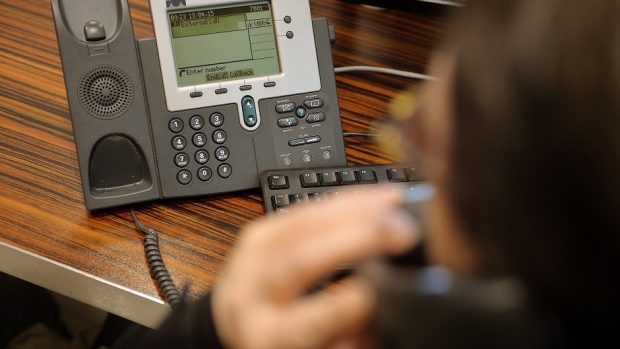An Aberdeen family has been scammed out of £20,000 as part of a spate of telephone scams affecting the north-east.
Police Scotland is now urging the public to be vigilant following a spate of similar incidents across the North-east.
Detective Inspector Iain McPhail said: “These are ruthless crimes which can have extremely sad outcomes for the people targeted.
“Please always be on your guard if you are contacted on the telephone by anyone claiming to be from your bank, or indeed any other company such as an electricity supplier, and especially if the call involves transferring money, providing or confirming your bank details.
“If there is the slightest doubt, attend your bank in person and do not provide your details over the telephone or the computer.”
In most cases criminals phone individuals claiming to be a representative from their bank and advise them their account has been compromised.
The victim is then encouraged to transfer their money – often their life savings – into a ‘safe account’ provided by the fraudster.
These scammers have technology allowing the caller number of the victim’s bank to be displayed.
This is called ‘spoofing’ and when checked against the telephone number on the rear of the victim’s card it appears the numbers are the same.
Officers are asking people to ensure elderly or vulnerable family, friends and neighbours are on guard against this type of scam.
People are encouraged to contact their bank to verify calls on a different phone as scammers can leave the phone line open and reconnect as soon as you dial a new number, continuing the scam.
If this isn’t possible DI McPahil advised to leave at least an hour between receiving the suspect call and making a new call.
He added: “I would urge you to look up your bank’s telephone number and become familiar with it, and do not use any number the caller provides.”
Another current scam involves individuals being told to contact internet security companies via pop-up windows on their computers.
Some telephone numbers for online security companies are found in searches as those of scammers.
In both cases, customers are tricked into providing financial details and charged for services they never receive.
If you are concerned about online fraud contact police on 101 or through other available e mail addresses on the Police Scotland website.
